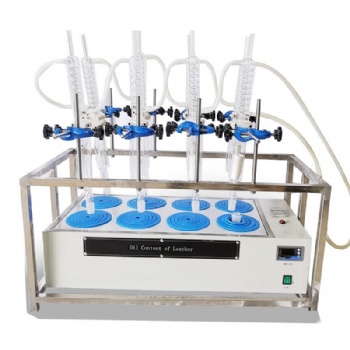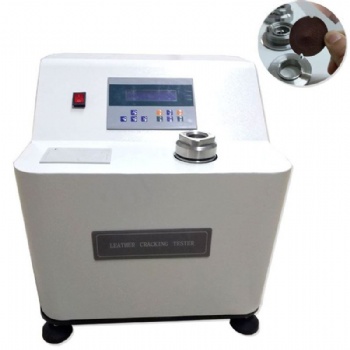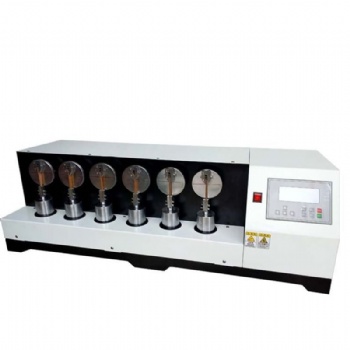News
Marshall Electric Compactor: A Guide to Efficient Asphalt Testing
Marshall Electric Compactor: A Guide to Efficient Asphalt Testing
The Marshall Electric Compactor is a vital piece of equipment for testing the strength and stability of asphalt mixtures. Widely used in road construction and pavement design, this device automates the process of compacting asphalt samples to ensure uniform density and quality, making it an essential tool for laboratories and field engineers.
What Is a Marshall Electric Compactor?
The Marshall Electric Compactor is designed to prepare asphalt specimens by simulating the compaction process used in real-world pavement construction. It adheres to standard testing requirements, including ASTM D6926 and AASHTO T245, ensuring consistency and accuracy in sample preparation.
Features of a Marshall Electric Compactor
1.Automatic Operation
The electric compactor automates the hammering process, offering consistent and repeatable compaction for asphalt samples. This reduces manual effort and improves testing accuracy.
2.Adjustable Settings
Number of Blows: Operators can set the number of blows per side to meet specific test requirements.
Compaction Height: The machine ensures a precise compaction height for uniform specimen preparation.
3.Durable Construction
Designed for heavy-duty use, these machines feature robust frames and hammers to handle repetitive operations without compromising performance.
4.Safety Features
Equipped with protective shields and automated shutdown mechanisms, the compactor ensures operator safety during operation.
Applications of the Marshall Electric Compactor
The compactor is primarily used in asphalt testing labs for:
Preparing cylindrical specimens for Marshall Stability Testing.
Evaluating the density and air void content of asphalt mixtures.
Researching new asphalt formulations.
Ensuring quality control in pavement construction projects.
Advantages of Using a Marshall Electric Compactor
Consistency: Automated operation minimizes variability caused by human error.
Efficiency: Speeds up the sample preparation process, allowing laboratories to handle higher testing volumes.
Compliance: Meets international standards, ensuring reliable and standardized results.
Ease of Use: User-friendly controls simplify operation and maintenance.
How to Operate a Marshall Electric Compactor
1.Setup: Place the mold with the asphalt mixture on the base plate.
2.Adjust Settings: Program the required number of blows per side.
3.Compaction: Start the machine, and the hammer will automatically compact the sample.
4.Rotate the Mold: Once one side is compacted, rotate the mold to compact the other side.
5.Remove Specimen: Carefully eject the compacted specimen for further testing.
Choosing the Right Marshall Electric Compactor
When selecting a compactor, consider the following:
Standards Compliance: Ensure it meets relevant standards (ASTM, AASHTO, etc.).
Build Quality: Opt for a machine with durable construction for long-term use.
Capacity: Choose a model that can handle your expected workload.
Supplier Support: Look for suppliers offering calibration and maintenance services.
Conclusion
A Marshall Electric Compactor is indispensable for asphalt testing labs seeking accurate and efficient specimen preparation. Whether you're involved in quality control, research, or pavement design, this equipment ensures your asphalt samples meet the highest standards for testing and evaluation.
Looking to upgrade your lab? Explore Marshall Electric Compactors from trusted manufacturers to enhance your asphalt testing capabilities today!
2000kn tensile strength test device, 2000kn tensile pull testing equipment, 300kn electronic horizontal tensile testing machine, 200 ton tensile load testing equipment
Categories
Contact Us
- +86-18615632092
- wtbequipment@hotmail.com
- sophie-tester
- +86-18615632092




 售前客服
售前客服